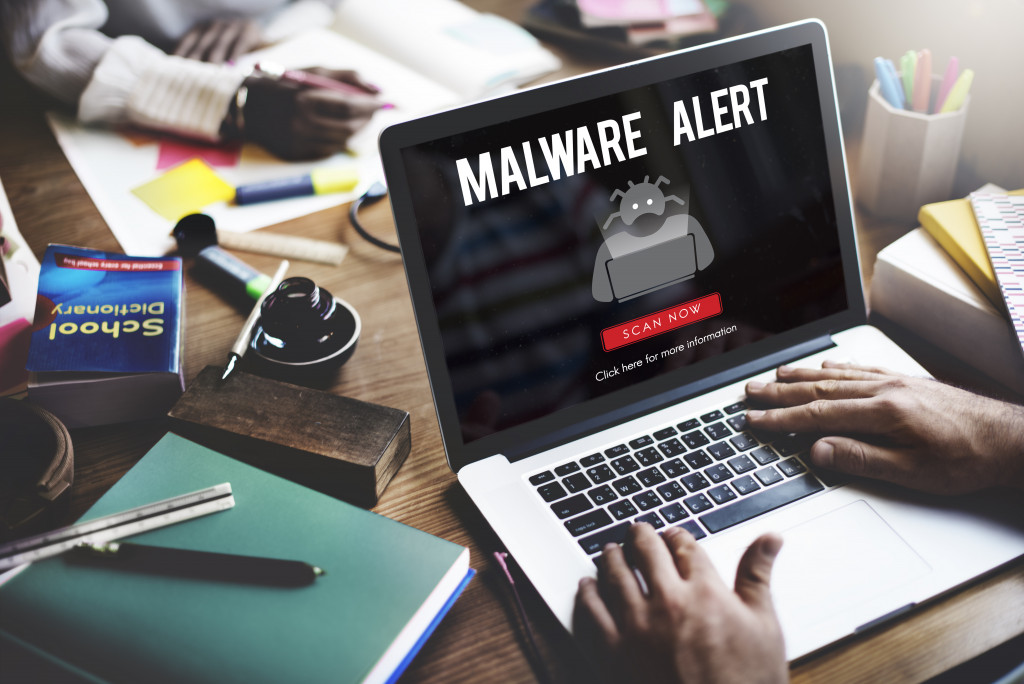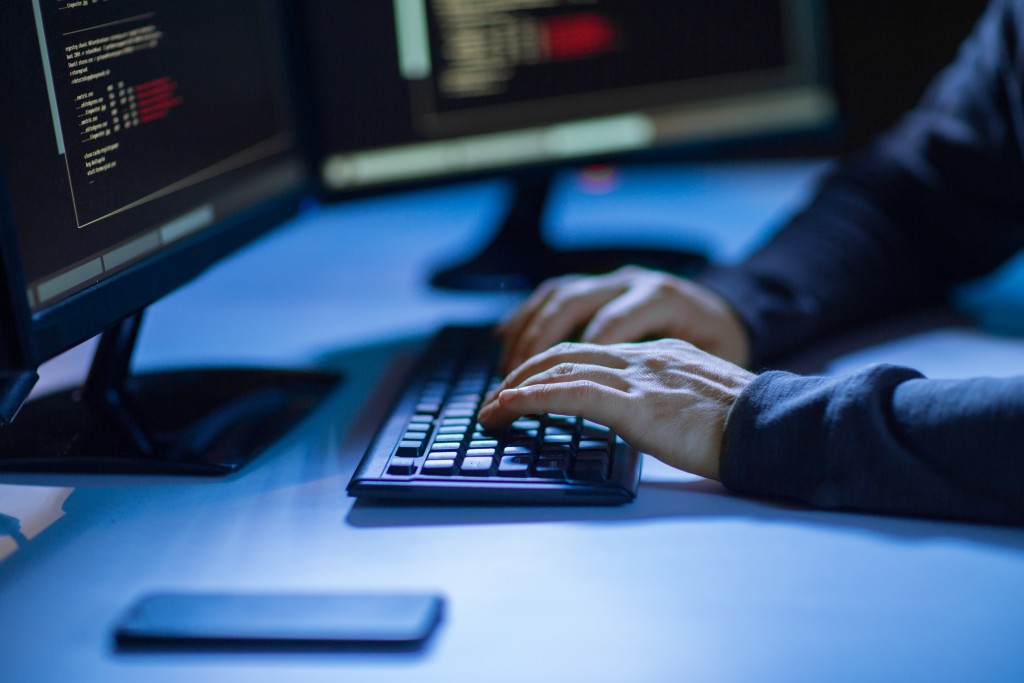In an attempt to contain the virus, companies have transitioned to work-from-home arrangements. However, cybercriminals are taking advantage of this sudden shift in setup to launch their vicious schemes.
Since the pandemic started, cybercriminals have managed to organize different forms of attacks — online scams, hacking, data phishing, fake domains, misinformation campaigns, spam emails, malware spread, and ransomware ploys. In fact, the coronavirus pandemic is described as the largest security threat to date. Since the start of the pandemic, the number of cyberattacks swelled to 5,000 a day, which is a far cry from the 2,500 a day before the COVID-19 outbreak.
To make sure you are 100% free from potential risks, you can consult companies that offer premium cybersecurity solutions. Still, people should be more cautious than ever. They should take necessary steps to avoid becoming victims of these cybercrimes.
The Rise of Video Call Hijackers
Due to the shelter-in-place orders, companies perform all their business transactions through Zoom, Skype, Google Hangouts, Microsoft Teams, and other video conference platforms. Indeed, virtual meetings have become part of companies’ day-to-day operations in the new normal. However, because of the world’s increasing reliance on these communication channels, cybercriminals are penetrating these platforms to launch their attacks.
There are hackers who are infiltrating video calls to listen in on conversations and to collect important data. Some cybercriminals are also hijacking virtual meetings to cause disruption and spread malicious content. To avoid these cybercrimes from taking place, you should perform precautionary measures when participating in virtual meetings. Be careful where and who you share the links of your virtual meetings to keep it from being accessed by the wrong people.
Protect your virtual meetings from hackers by encrypting it with passwords. Doing this would prevent cybercriminals from easily accessing your chat rooms. If there are more than 10 guests in the group call, go over the list and make sure you don’t have uninvited participants who might be eavesdropping on conversations. To avoid unwarranted sharing of malicious content, you can also put a cap on the video conference’s screen sharing capacity.
The Spread of Malicious Emails
Since emails are now the primary mode of communication, cybercriminals are using it as a tool to perform their attacks. Reports reveal that cybercriminals send out over 18 million emails to Gmail users since the start of the pandemic.
Scammers have been sending out links to email accounts to collect important information from unsuspecting users. They would pretend to be legitimate businesses or organizations and request for users’ personal details such as passwords, bank accounts, and other sensitive data.
Some cybercriminals also ask users to install certain applications and software through certain links which are actually computer viruses. They make use of this scheme to steal information and disrupt their devices.
Aside from phishing, cybercriminals also make use of email spams to collect money from people. They disguise themselves as authorized organizations such as the World Health Organization (WHO) and the Center for Disease Control and Prevention (CDC) to convince users to make donations for certain causes.
By immediately clicking links and giving out information without instructions, you can easily become a victim of these cybercrimes. You have to be more vigilant when it comes to opening emails, visiting links, and filling up forms. You have to double-check the sources and pore over the content. You can also install software and tools that block potential cyber threats. Before opening the files or visiting the links, a message would pop up your screen to warn you of potential threats. At times like this, it wouldn’t hurt to take extra measures especially when it comes to your cybersecurity.
The Growing Cases of Computer Infection

Install firewalls and anti-malware software in your computers and electronic gadgets. This is to provide you with an added layer of protection against cyberattacks, specifically ransomware.
Since the coronavirus, the cases of ransomware increased by 148%. Ransomware is a type of malware that steals users’ digital files or blocks their access to computer systems until they settle ransom payment. Ransomware is often spread through visiting links to malicious websites or through downloading email attachments.
To avoid infecting your devices with ransomware, don’t immediately believe the emails sent to your inbox. Don’t be so quick to download or install those files, especially if you were not personally instructed by your managers or superiors to do so.
You also have to think in advance and regularly back up all your digital assets. You might want to save your files on a different location such as a disk or flash drive just in case your work computer gets infected. This way, you have extra copies of important work files. You can also upload your files in a cloud system, so you also have online copies of your documents.
This pandemic is not just a battle against coronavirus but also a fight against cyberattacks. If you want to protect yourself from online crimes, you have to take precautionary measures and build a strong line of defense.

